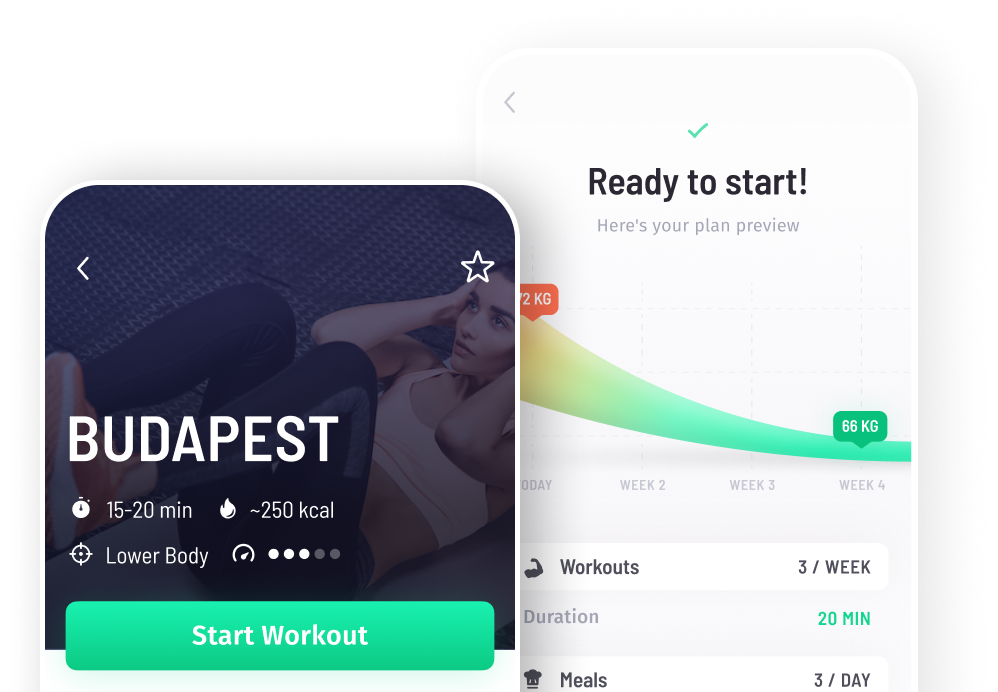If you are introvert, you probably have experienced those times where ‘can I learn how to stop being an introvert?’ has been a question that popped into your mind.
What is Introversion?
Introversion is a major personality trait that explains a person tends to be more inward turning**.** In the popular and well-respected book, Quiet: The Power of Introverts in a World That Can’t Stop Talking, a New York Times Bestseller by Susan Cain, Cain defines introversion as “people who prefer quieter, more minimally stimulating environments.**’**
Often times, there are assumptions made by others or self-proclaimed boundaries that say an introvert is shy, nervous, or simply doesn’t like other people.
However, ‘shyness’ indicates a person experiences a fear of humiliation. ‘Introversion’ does not mean that a person is ‘shy’, but can mean one simply is self-aware to the point of knowing which environments and interactions best suit one’s personality and individual comfort level.
Read also: How to improve your mood naturally

That being said, there are times when being an introvert can pose some challenges, especially in a ‘world ‘ where being extroverted is more accepted and sought after. For example, if you are at a dinner at a restaurant where there is a lot of noise and it is hard to hear others at the table it can get rather overwhelming, or if you are at a work meeting it can be intimidating or feel unnatural to speak up during the meeting.
For the times when an introvert wants to or chooses to act outside of their ‘normal, let’s go on to discover a few ways that an introvert can learn how to be more extroverted.
- Remember that stepping outside of your ‘safe space’ and challenging yourself is a good and healthy thing to do sometimes. There are certain situations where challenging yourself to speak up or practice calming the noise around you to be more present with others can really be beneficial to both your confidence in your own capabilities as well as the time that you spend with others. Tune into yourself so you can know when and where it is an appropriate day or time to do so.
- Be open-minded. As an introvert, you may have been in situations with extroverts where you perceived this personality type or heard of this personality type described as dominating or noisy. But it is important to be open-minded and give respect to every personality type, as everyone has their own way of being and expressing their authentic self. So stay and be open-minded, and you’ll find that extroverted qualities may actually bring out something else in you and feel ‘right’ in certain situations for you, as well.
- Know yourself… Self-awareness is an extremely impactful conscious knowledge of one’s own character and personality. Pay attention to when and where you feel the most comfortable and some areas in your life where you want to work on and perhaps be more comfortable in.
- ...but don’t define yourself. If you are in situations or even in your day-to-day life where you continuously define yourself as an introvert, at some point you will convince yourself that this is ‘you’ or a big part of ‘who you are’. There can be times when you are introverted, extroverted, and maybe somewhere else on the line in between, and that’s okay! Give yourself the permission and space to be who and how you are in any given environment, experience or circumstance, with no definition involved. This is especially helpful as you grow older, experience life changes, or perhaps change cities or careers that bring out other parts of your personality. Your core may remain the same, but it can be fun to just be and bring to the table whatever you may be able to or want to bring in the present moment.
- Learn from others. When you spend time with extroverts, you can learn a lot from them. Especially since introverts tend to be inward turning, you can take this time to learn habits or behavioral moments that you want to adopt in your own life.
- Practice. While it probably is not possible for an introvert to wake up and be an extrovert the next morning, an introvert can practice incorporating extroverted qualities in one’s own life. So start out in ways that feel right for you, such as speaking up once in a meeting or attending social gatherings where you feel comfortable but can still nurture relationships and friendships. This way, you’ll also learn what environments feel right for you now. For example, many find that when the weather is nice, a dinner or coffee date with a small group of friends outside reduces noise and stimulation and offers a comfortable environment for everyone.
Remember there is a place for introverts and extroverts in this world.
As Cain explains in Quiet,
“Without introverts, the world would be devoid of: the theory of gravity, the theory of relativity, Yeat’s “The Second Coming”, Chopin nocturnes, Proust’s In Search of Lose Time, Peter Pan, Orwell’s Nineteen Eight-Four and Animal Farm, The Cat in The Hat, Charlie Brown, Schindler’s List, E.T., and Close Encounters of the Third Kind, Google, and Harry Potter” (Cain, p. 5.).
Did you enjoy this article? Share it!

